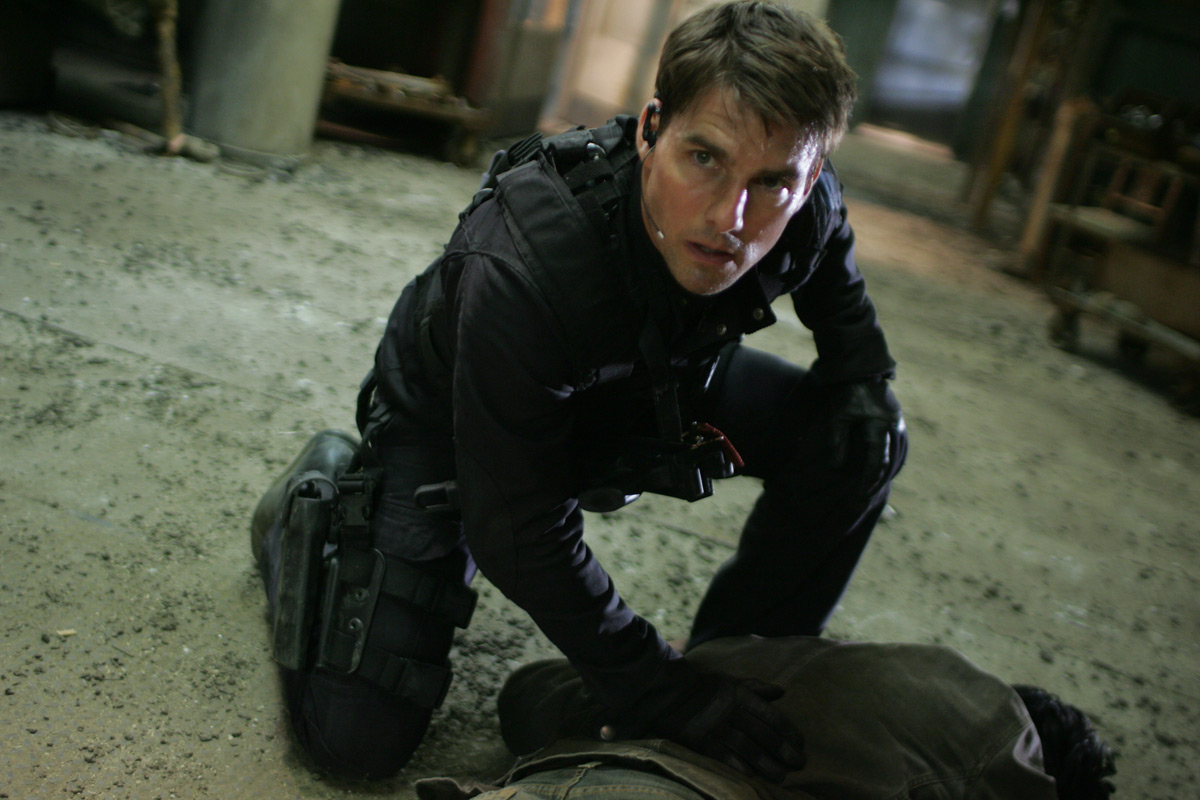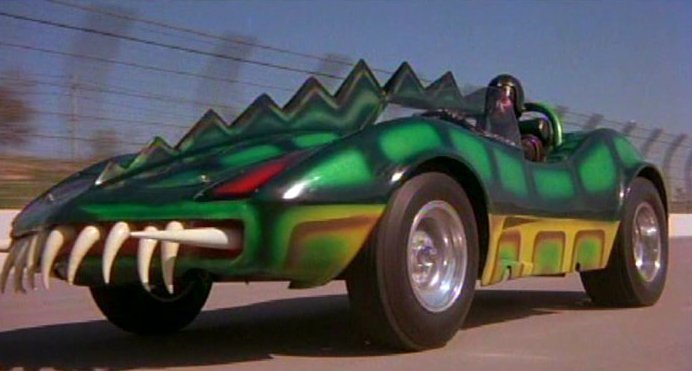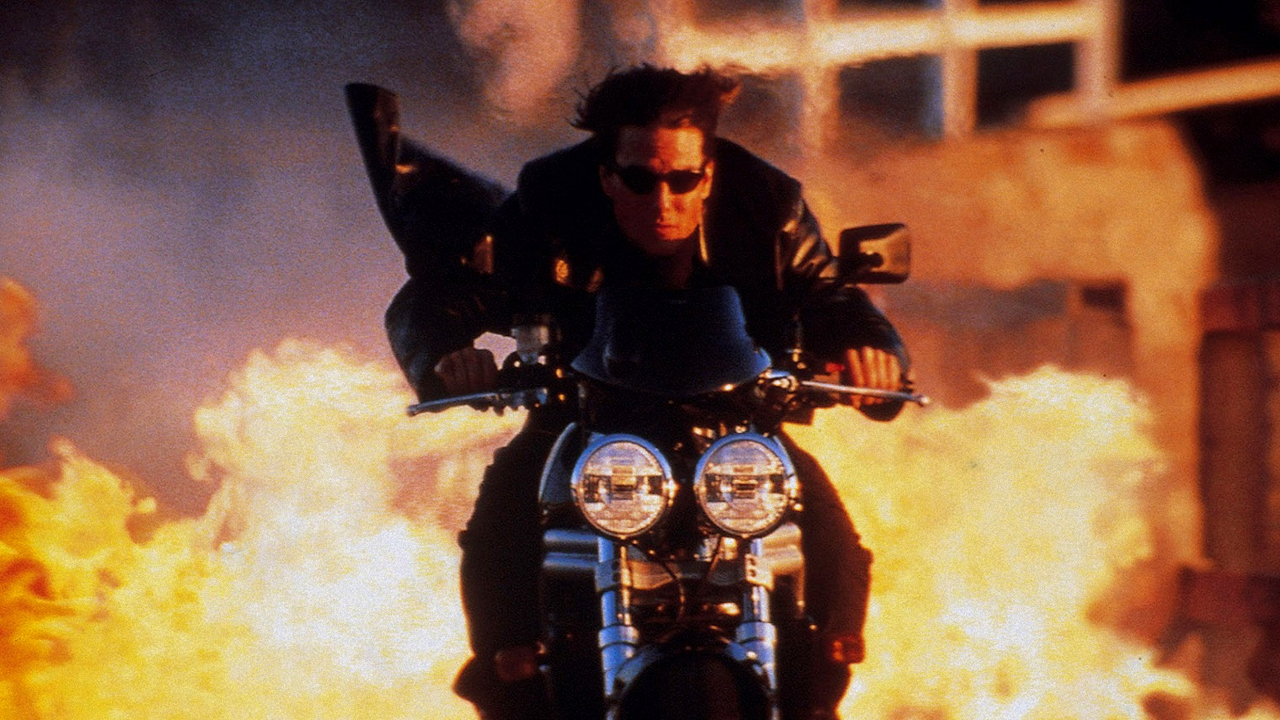#474 - Jupiter Ascending
Andy Wachowski and Lana Wachowski, 2015

A young woman learns that not only are aliens real but that, according to their complicated systems of laws and genetics, she is the rightful owner of the planet Earth.
Part of the reason why I have a tendency to watch a lot of obviously awful movies is because, despite my highly critical approach that sometimes renders the most highly-acclaimed films on par with the most disposable cinematic dreck, there's almost always a part of me that expects to find something of worth in even the most disastrous-looking pieces of work.
Jupiter Ascending is one such film with its extremely vibrant visual aesthetic covering for a rather stock-standard narrative about a seemingly ordinary protagonist (Mila Kunis) learning about her destiny that results in her being whisked away from the dreariness of her everyday existence. Of course, this all amounts to the Wachowskis tweaking the specifics of their break-out blockbuster
The Matrix and its existing chosen-one narrative, which already used a mishmash of science-fiction influences in order to create something that seemed fresh and innovative enough for people to copy for years afterwards.
Jupiter Ascending also uses a mishmash of influences that draw from the space-opera playbook. It involves human-alien hybrids, radically advanced weapons and technology, an expansive interplanetary conflict that lends light shades of moral ambiguity to its otherwise straightforward good-versus-evil conflict...all of which revolve around Kunis' unremarkable cleaning woman as she is targeted for elimination by some power-hungry siblings looking to lay claim to the resource-heavy Earth.
To the surprise of absolutely nobody,
Jupiter Ascending is just as much of a mess as its flashy yet hollow advertisements made it out to be. I guess I can't complain too much in that regard considering how those advertisements do a very good job of letting you know just what kind of experience you're in for. When the plot isn't being extremely derivative and familiar even of previous Wachowski films, it's getting into the sort of convoluted political dialogues that tarnished the reputation of a certain other space opera film. The characterisation and acting varies in terms of any kind of quality - Kunis and her wolf-man guardian (Channing Tatum) both prove to be extremely wooden excuses for leads, while the supporting cast don't get much more to do as they play everything from no-nonsense soldiers to artificially affable nobles. Of particular note, however, is recent Oscar-winner Eddie Redmayne as the film's nominal villain-in-chief, whose performance alone was one of the major deciding factors in convincing me to watch the whole film. Redmayne alternates between airy, stilted whispers and face-scrunching howls of anger as he lounges around on screen with slicked-back hair and shiny black robes, giving what is probably the best performance in the film for all the wrong reasons (the least of which have to do with him personally). It's a shame more people don't seem to either commit as much effort or have as much fun as he seems to do, especially since he doesn't have as much screen-time as I'd have hoped.
Though there's something to be said for the polish of the visuals, they are put to questionable use. The widespread use of orange-and-blue contrast as a method of creating captivating visuals has never seemed so flagrant as it does in this movie's scenes, many of which do take place on or around the semi-eponymous planet. Flashy visuals are nothing new to the Wachowskis, but there's nothing about the fantastic world they've created here that truly engages. Even the attempts at sci-fi pastiche go nowhere in some sequences, most memorably the extended montage of obstructive bureaucrats that drives home its intention to pay homage to
Brazil by having Terry Gilliam himself cameo as the last official they visit. Regardless of their intentions, the fact that the Wachowskis were able to make a movie like this with a budget that could have easily financed several Gilliam projects makes their casting him feel less like the sincerest form of flattery and more like rubbing salt into a wound. Even so, I think
Jupiter Ascending isn't exactly worthy of hatred despite its searingly colourful yet fundamentally bland dedication to fantastic excess. It's goofy, sure, but I'm pretty sure that that was at least partly the intent so it can be appreciated to an extent. Unfortunately, it'd have to work its way up to being something that I genuinely liked.
 nice review
nice review 
 nice review
nice review 













